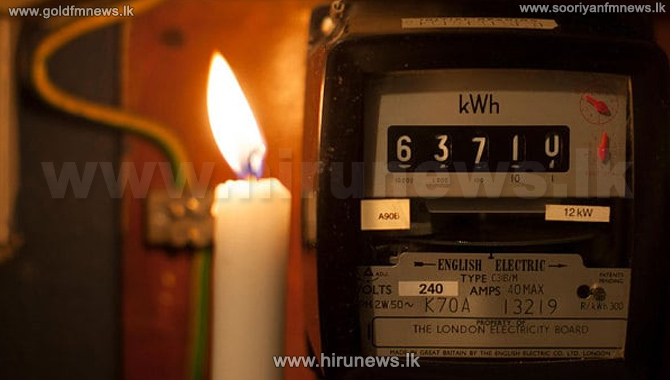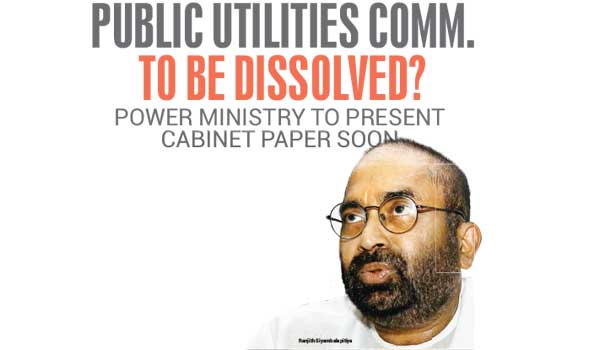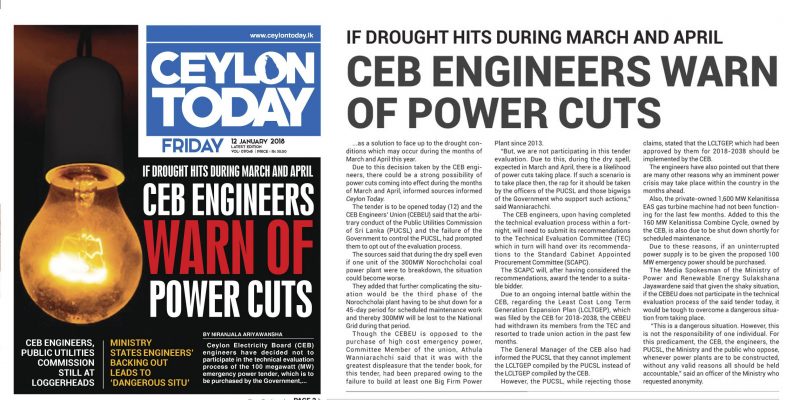The Asian Development Bank has set out a series of reasons that attributed to country-wide black-outs within a span of 07 months from 2015 to 2016.
According to the Asian Development Bank, poor operation of the protection system, lack of operational flexibility and bottlenecks in the transmission system attributed to the country-wide blackouts.
The Asian Development Bank listed under-investment in the transmission and medium voltage network and protection system resulting from high government debt to GDP ratio and poor financial status of the Ceylon Electricity Board as other reasons for higher generation costs.
The ADB confirmed in an announcement that it will grant 1.5 million USD to Sri Lanka to hire two consulting firms to study and improve the soundness of the island’s power transmission system which has suffered blackouts owing to poor reliability.
This project will start in March 2018 and be completed by February 2019
Asian Development Bank spells out reasons for 2015-2016 country-wide blackout













